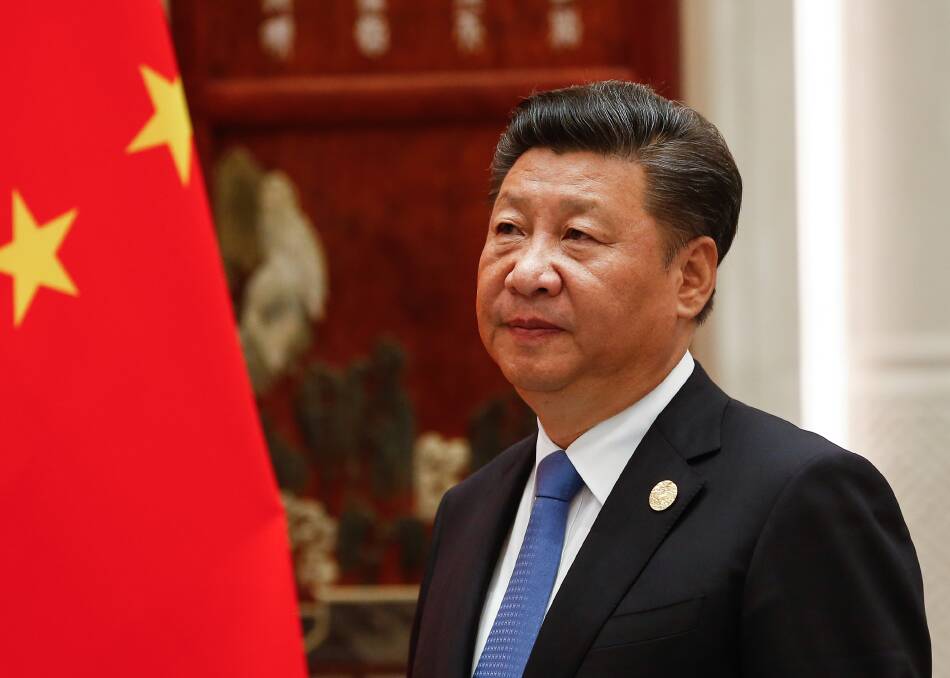
Fake meats are on the menu of the world's most populous nation, China.
Subscribe now for unlimited access to all our agricultural news
across the nation
or signup to continue reading
China president Xi JinPing has told his agriculture officials to pursue protein sources outside traditional livestock industries as a way of securing the country's food supply.
It came in a major speech from the Chinese leader earlier in the month.
China has been forced to rely on world markets, including Australian supplies, to secure enough meat since an African swine fever outbreak devastated its pig industries.
Pork accounts for an estimated 70 per cent of all meat eaten there.
China is today the biggest global importer of animal-based protein as home to 20 per cent of the world's population.
Despite trade frostiness between Australia and China, their appetite for our red meat exports is growing.
Aussie beef exports to China remain strong, as does lamb and mutton.
China president Xi JinPing spoke at length about food security during the 13th National Committee of the Chinese People's Political Consultative Conference on March 6.
He urged his officials to develop plant-based, fermented and cell-cultured animal protein in additional to traditional food sources to secure food supply and protect the environment.
President Xi said science and technology were key to food security
His remarks follow the recent release of the China Ministry of Agriculture and Rural Affairs' new Five-Year Plan, which calls for "research and development in cultivated meat, plant-based egg, milk, and oil, recombinant protein technology" and other high-technology areas as important for food security and long-term economic development.
A number of alternative protein manufacturers have developed in China over the past three years.
Many of the new Australian alternative protein startups also have China's huge population on the radar for their products as well.
President Xi emphasised the importance of keeping the nation fed and underlined ensuring the supply of key agricultural products, especially grain, as a top priority.
He wanted officials to stabilise the production of grain and corn while expanding the planting of soybean and oil seed crops, to ensure domestic grains play a main role in ensuring the food supply for the Chinese people.
Ensuring the effective supply of meat, vegetables, fruits and aquatic products and other kinds of food in addition to grain was stressed several times during the speech.
Start the day with all the big news in agriculture! Sign up below to receive our daily Farmonline newsletter.


